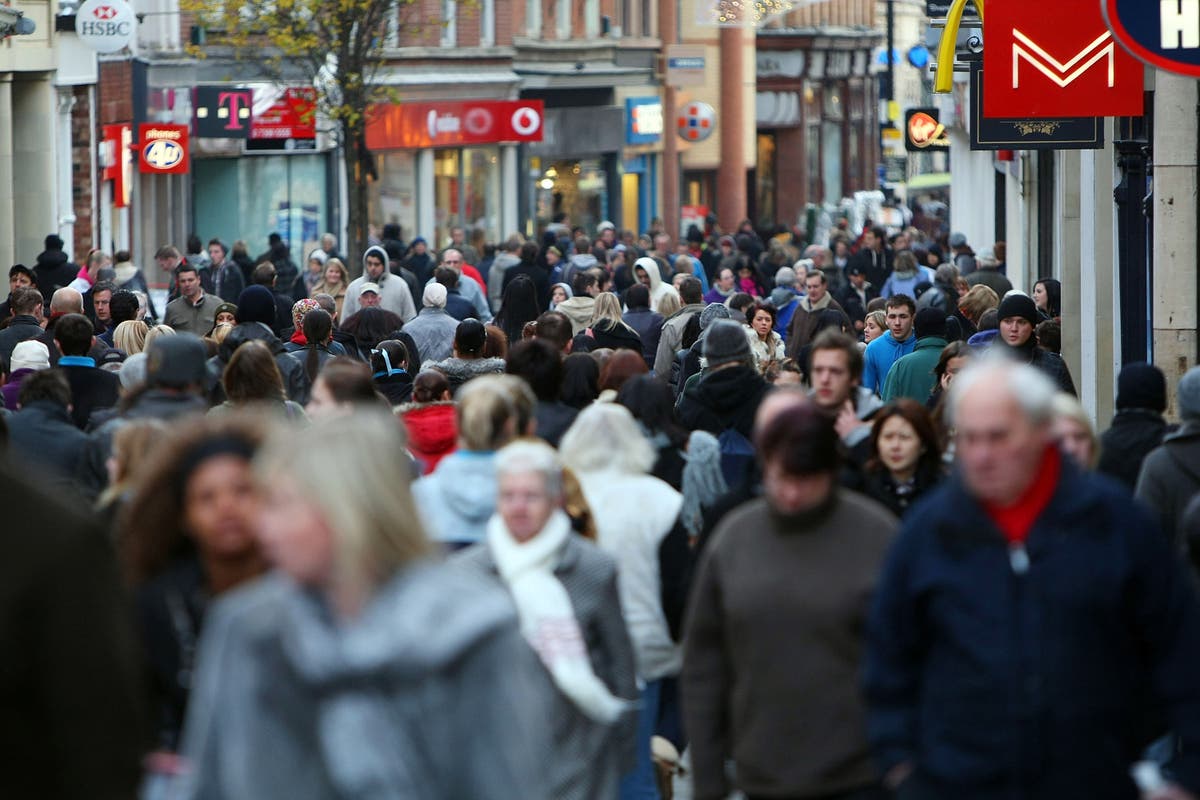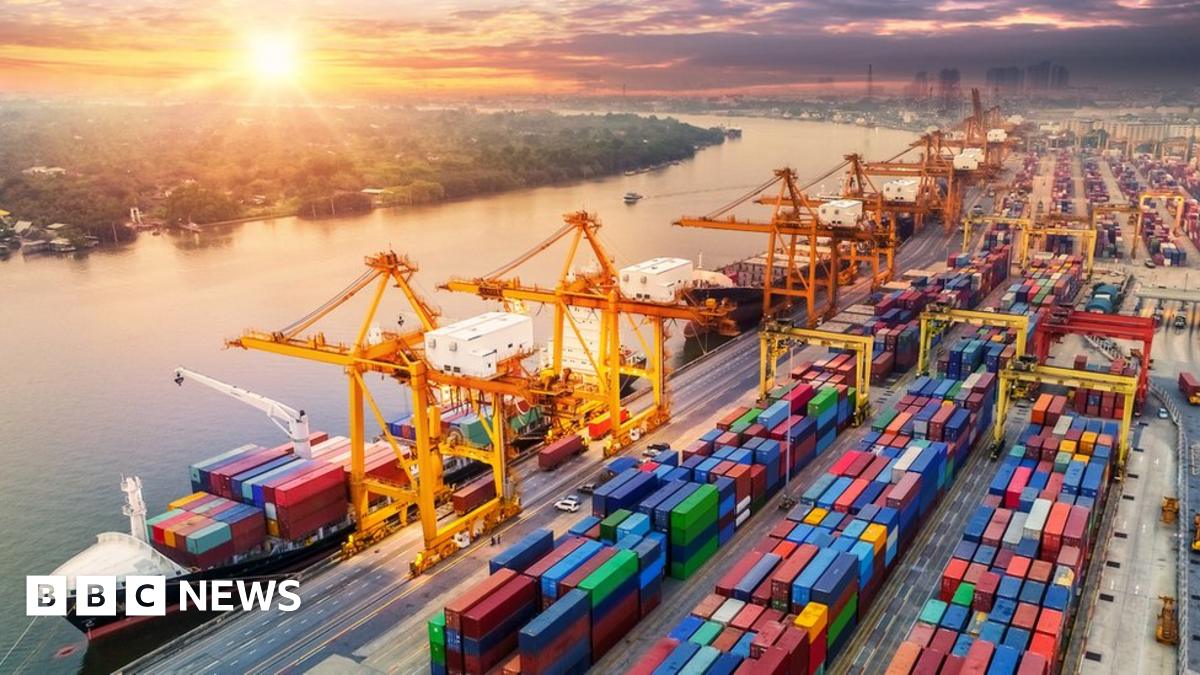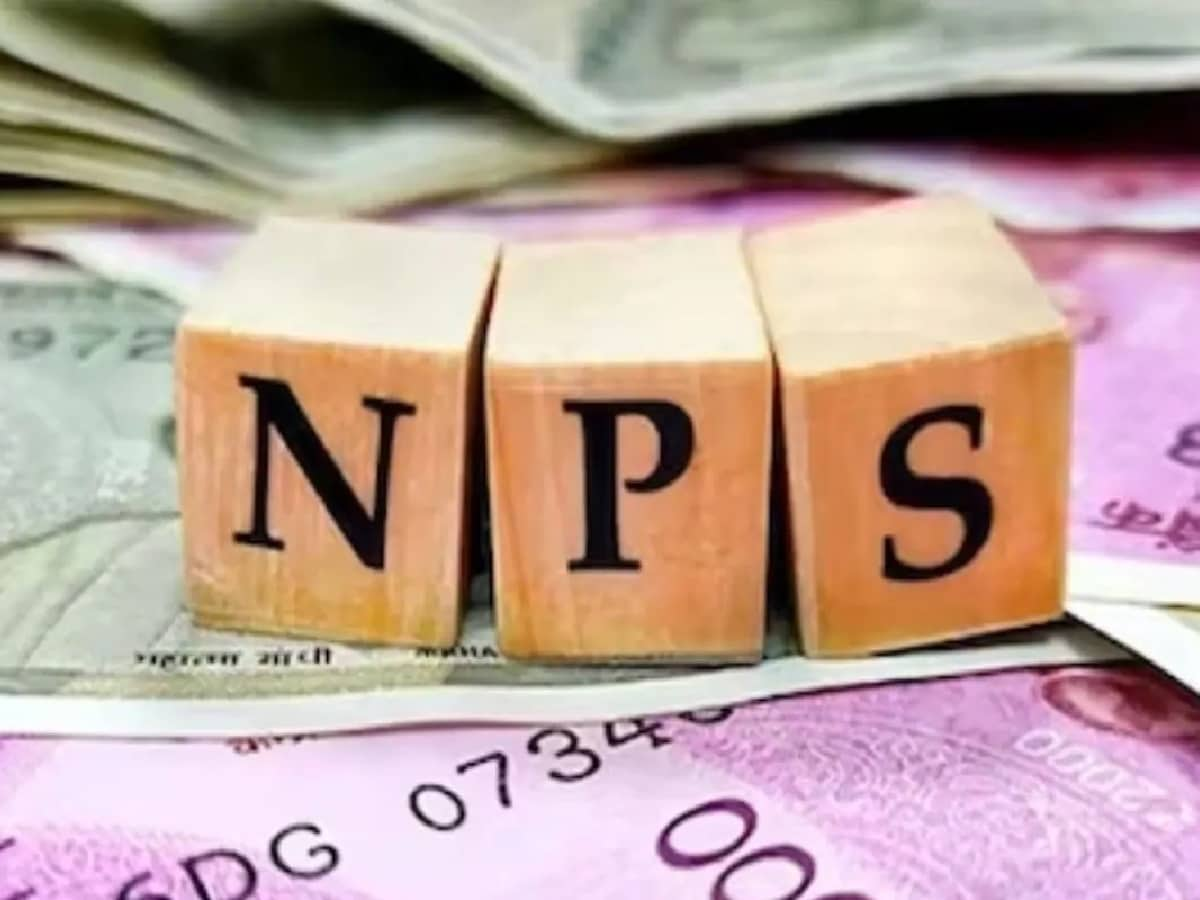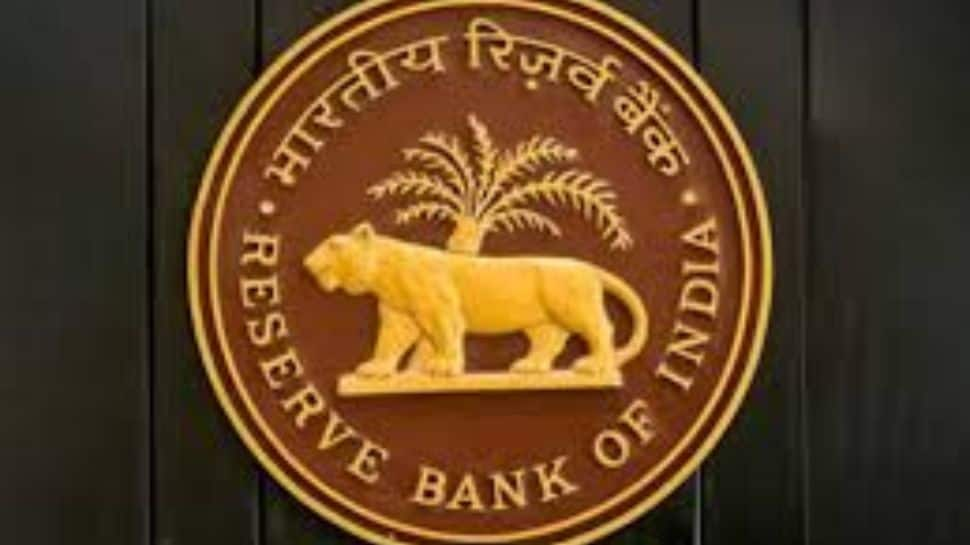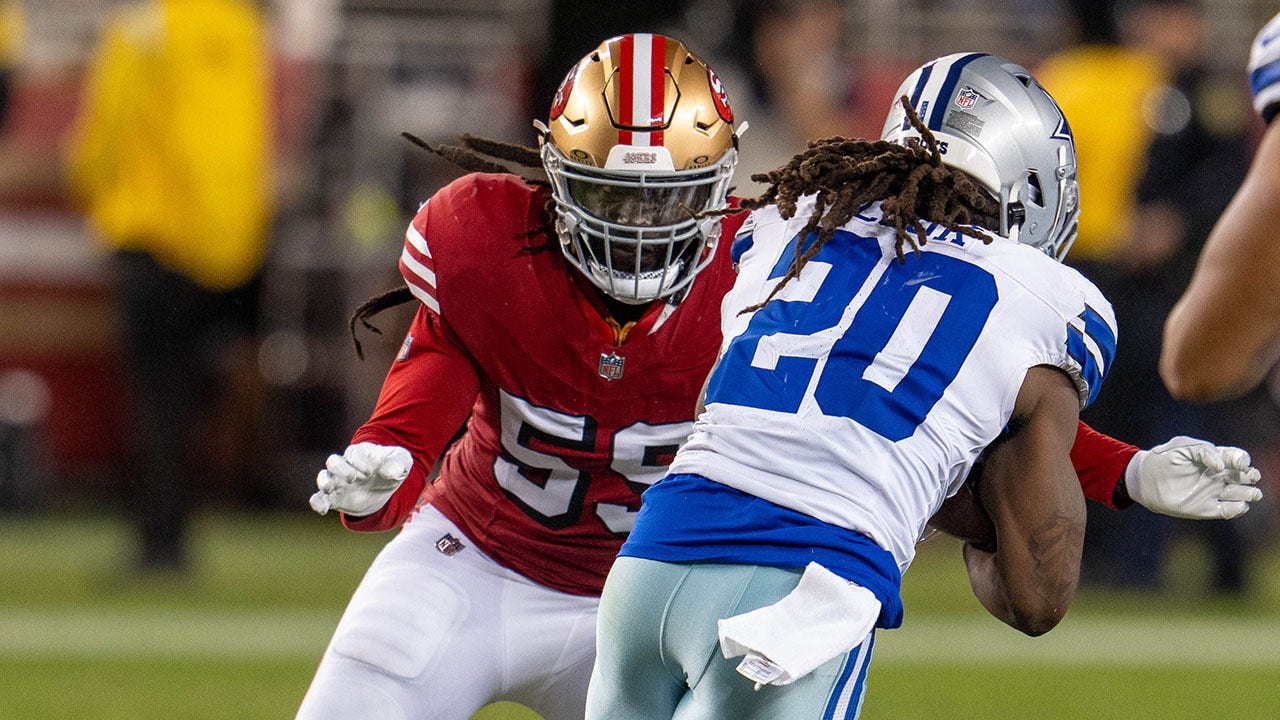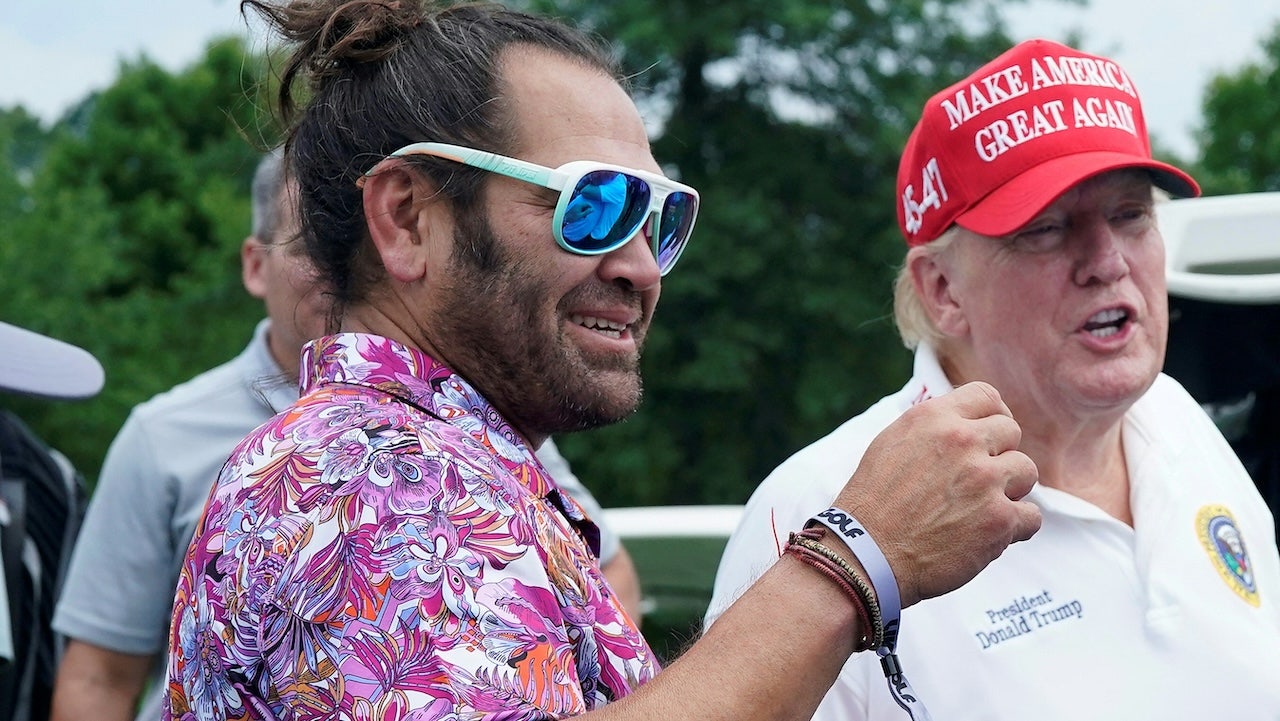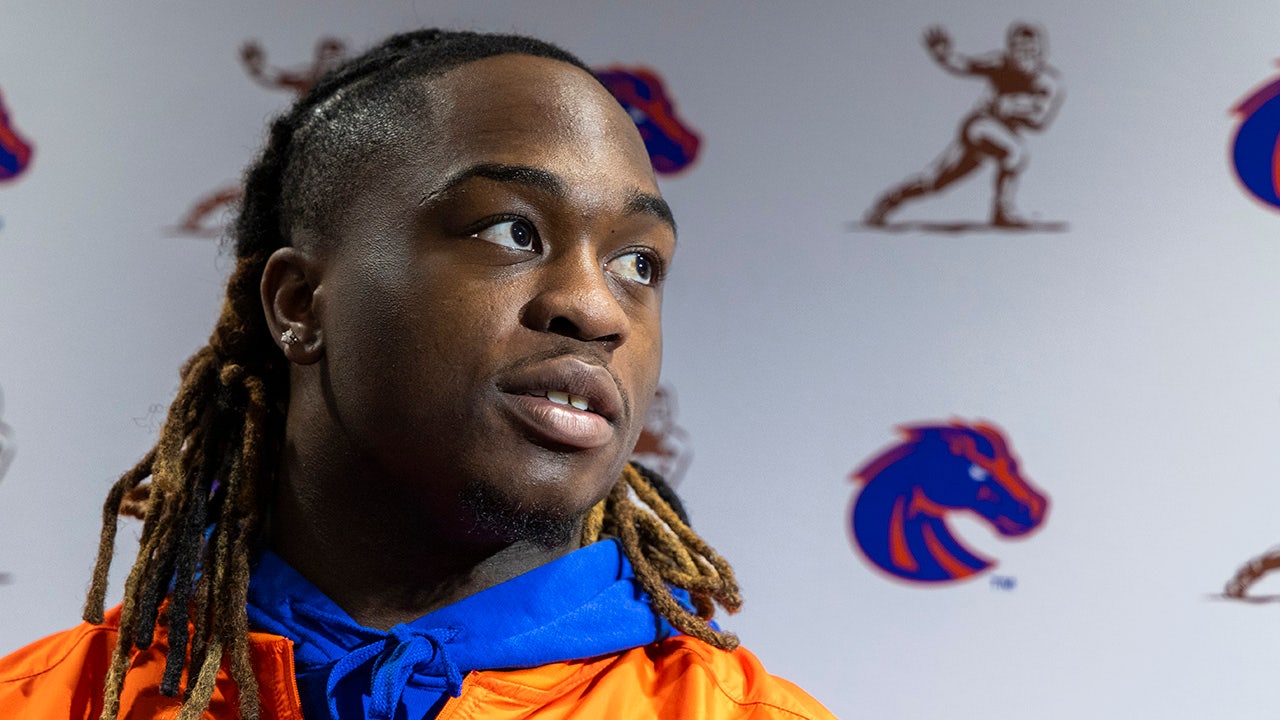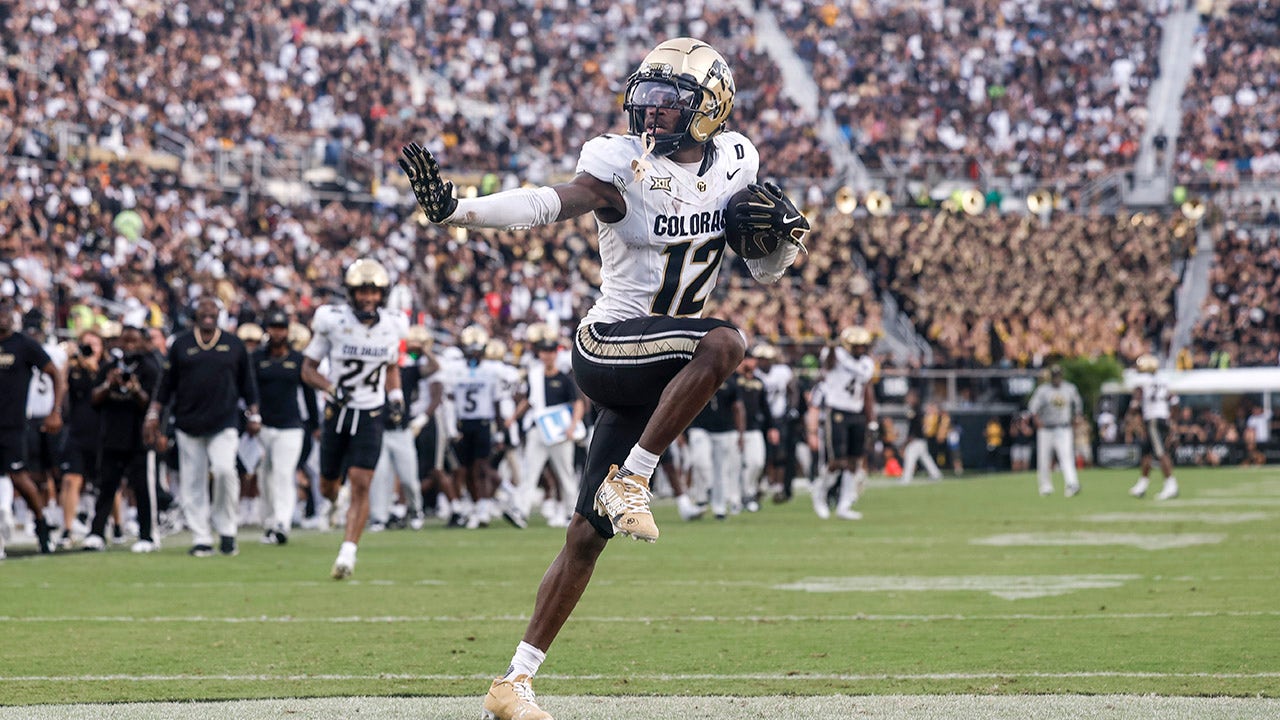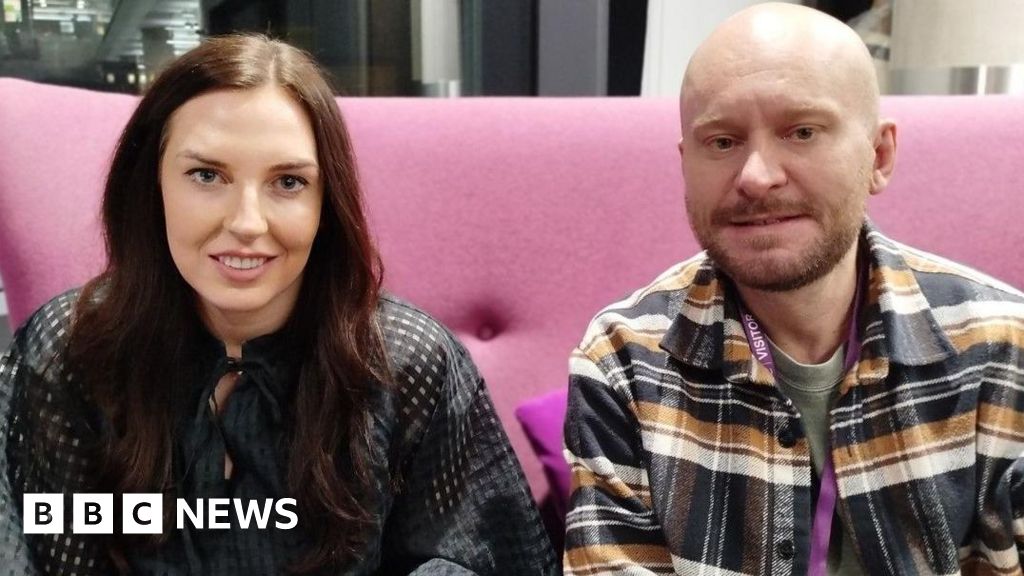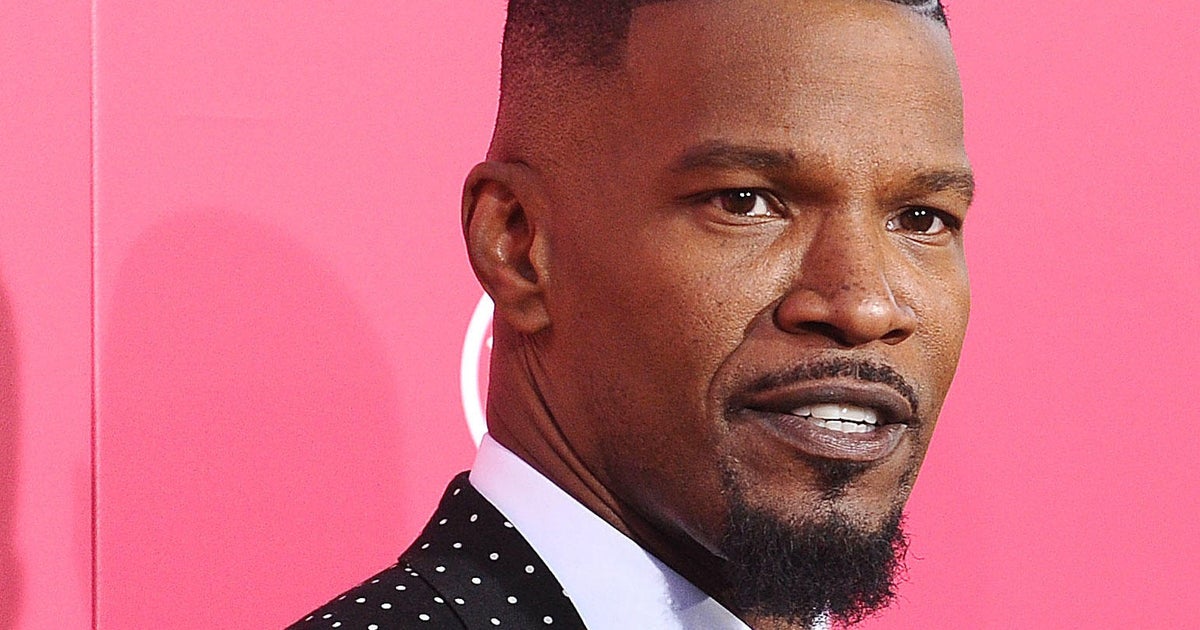- Journalists in IIOJK booked under draconian laws.
- “We had to meet journalists in secret,” report mentions.
- Journalists say police summoned them multiple times over story.
Life for journalists in the Indian Illegally Occupied Jammu Kashmir (IIOJK) has remained a persistent challenge particularly after the Narendra Modi-led government abrogated the special status of the disputed valley in 2019.
A recent report from the BBC highlights the dire circumstances faced by journalists in the disputed region. Some of them have been imprisoned merely for carrying out their journalistic duties, while others endure constant threats, ranging from overt actions to subtle microaggressions.
The report, titled ‘Any story could be your last’ – India’s crackdown on Kashmir press’ by Yogita Limaye, delves into the harrowing experiences of these journalists who are either detained or living under the constant shadow of intimidation from the administration led by Narendra Modi in this besieged valley. The report paints a grim picture of a calculated and sinister campaign aimed at suppressing and silencing the press.
BBC, in its report published on September 1, wrote about spending over a year working on their investigation into the accusations against the Indian government regarding the suppression of press freedom in the occupied region.
“We had to meet journalists in secret, and they asked for their names to be hidden, fearing reprisals,” the report mentioned.
The BBC added it spoke to over two dozen journalists including editors, reporters and photojournalists, who either worked independently as well as for regional and national media outlets.
The British publication wrote that they all see New Delhi’s actions as a “warning to them”.
Stories of Kashmiri journalists including Asif Sultan, Fahad Shah, Sajad Gul and Irfan Mehraj were mentioned in the report, but the restrictions imposed on others, too, were brought to the fore.
Asif has been jailed for five years now. Fahad remains imprisoned for “propagating terror”. Gul was arrested for his social media video and charged with “criminal conspiracy”. Meraj, meanwhile, was “accused of having links with terror funding”, the report stated.
Over 90% of journalists that the outlet spoke to mentioned being “summoned by the police at least once, many of them multiple times over a story”.
“Some said the tone of the police was polite. Others said they were met with anger and threats,” BBC wrote.
“Journalism is dead and buried in IIOJK,” one reporter told the British news outlet.






